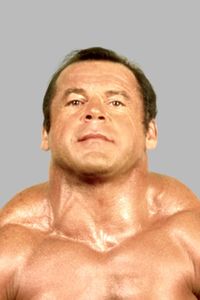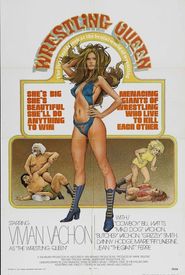Ivan Putski, a World Wrestling Federation Hall of Famer, was a beloved wrestler during the late 1970s and early 1980s. His impressive physique and charismatic presence made him a fan favorite for many years. His Polish heritage, which he proudly showcased, earned him a special following among the immigrant population in the northeastern United States, where he spent many years wrestling for the WWF.
Born in Kraków, Poland in 1941, Putski moved to the United States with his family at the age of nine. Initially, he had aspirations to become a football player, but a career-ending injury led him to explore other options. This was when he discovered his passion for professional wrestling. Starting out in the early 1970s, Putski initially sported a beard and a less impressive physique, but he was still incredibly powerful, having honed his skills as a power-lifter. He earned the nickname "Polish Power" due to his remarkable strength.
Throughout his career, Putski won numerous titles, often using his patented finishing move, the Polish Hammer. He joined the WWF in the late 1970s and formed a successful tag team with Tito Santana, winning the Tag Team Titles on November 22, 1979. They held the titles for several months before losing them to the Moondogs in 1980.
Putski then focused on his singles career, engaging in feuds with notable wrestlers like Ivan Koloff, Iron Sheik, and Jesse "The Body" Ventura. He remained one of the WWF's most popular stars throughout the early 1980s, even though he never participated in any of the early Wrestlemanias. In 1985, he took part in the WWF's first Pay-Per-View event, the Wrestling Classic, where he lost to "Macho Man" Randy Savage in the first round.
After his WWF career, Putski continued to wrestle sporadically. He was inducted into the WWF Hall of Fame in 1995 and was also featured in a special magazine released by the WWE profiling the top 50 WWF/WWE superstars of all time. His son, Scott Putski, also pursued a career in professional wrestling, competing for World Championship Wrestling in the late 1990s.


















